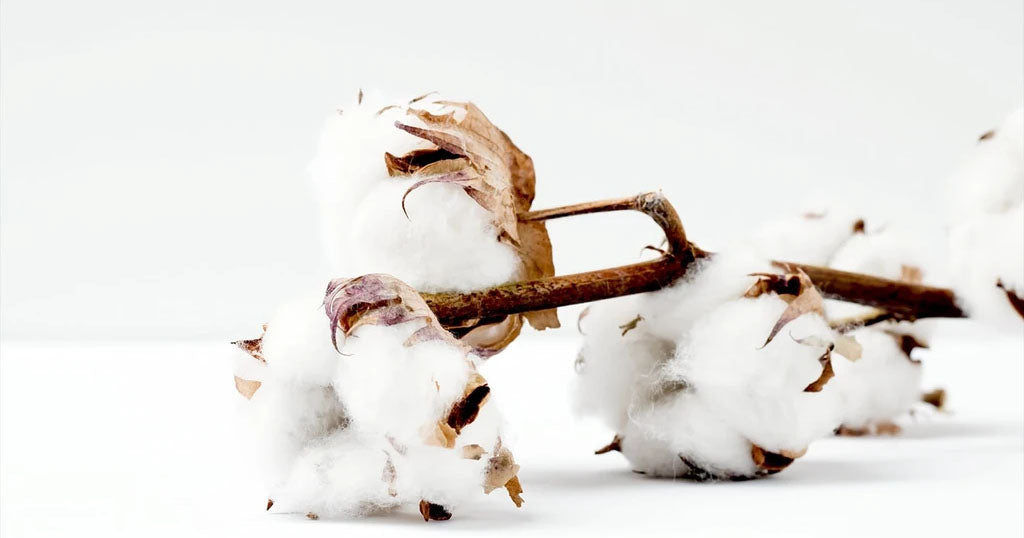
What is Certified Organic Cotton?
Share
Organic cotton is grown without the use of synthetic pesticides and fertilisers. It's also grown in soil that has been free of toxic chemicals.
Certified organic cotton is grown in accordance with strict international standards. These standards require that organic cotton farmers follow specific growing practices and use only approved materials.
Organic cotton has become increasingly popular in recent years. It's grown without pesticides, herbicides, fungicides, or synthetic fertilisers.
But what exactly does this mean? And what makes organic cotton different from regular cotton?
What makes organic cotton different from regular cotton?
The first difference between organic and non-organic cotton is where it comes from: organic cotton is produced using methods which are kind to people and animals. This means that organic farming relies on crop rotation for pest control rather than relying heavily on chemical treatments such as neem oil and Bt toxin seed sprays.
Cotton plants need a lot of water during their growth cycle, so they're usually farmed in areas near bodies of water like rivers, lakes and ponds. In order to keep these waterways clean, many farms have found ways to recycle wastewater into the irrigation system. This helps prevent contamination of surface waters by runoff from fields.
Another way organically grown crops differ from those grown conventionally is how they're treated after harvest. Conventional growers often deactivate seeds mechanically before selling them to textile companies. The downside to mechanical harvesting is that it damages the germ cells inside each seed - making them unable to grow properly when planted next season.
What are the benefits of choosing organic cotton?
There are several reasons why you might want to choose organic cotton over conventional alternatives. Here are just a few of some of the benefits of choosing organic cotton over regular or other alternative non-organic materials.
Better quality
When we talk about better quality materials, one thing we normally think about is fabric. Organic materials are used to make clothing as well as a host of everyday health & skincare products. Good quality fabrics will help your clothes last longer because they won’t wear out quite as fast, and the quality can also be seen in organic skincare products - as they are less likely to cause irritation. Organic cotton products also tend to be more comfortable too since they don't rub against your skin.
Healthier environment
Conventionally grown cotton requires large amounts of chemical pesticide and fertiliser to produce enough fibre to make cloth. But the side effects of these chemicals aren't always good. Pesticides may contaminate our food supply and harm wildlife.
Fertilisers drain natural resources and contribute to pollution problems. Organic cotton doesn't rely on any harmful substances. Instead, it uses sustainable techniques to protect soil health and maintain environmental sustainability.
Safer products
All new baby products sold must meet safety requirements set by Consumer Product Safety Commission regulations. If you buy something made with organic cotton, you know it was tested for safety and meets rigorous government standards.
Less waste
Organic cotton production has been shown to use up to 70% less energy and 90% fewer pesticides than traditional growing practices. It also results in significantly lower greenhouse gas emissions compared to conventional agriculture. All this adds up to much cleaner air and land!
Long term savings
Since cotton grows well even without synthetic inputs, farmers who switch to organic practice tend to see increased yields year after year. Over time, switching to organic cotton could save you money.
